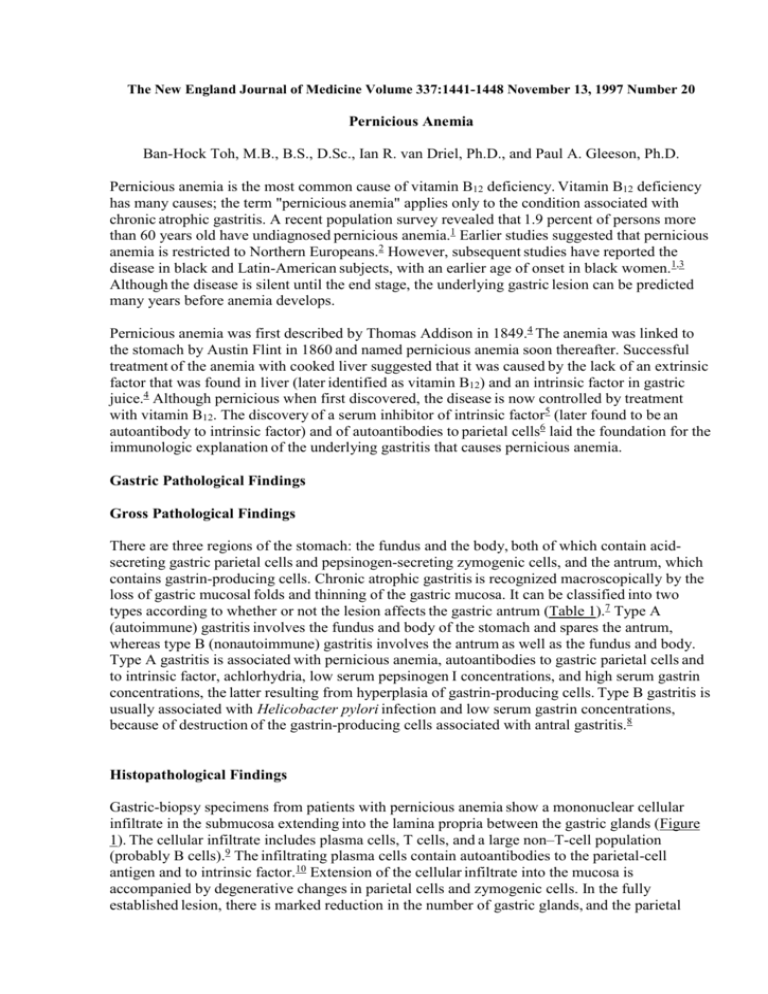
We don’t want to do it because it’s going to affect the kidneys.’ But … that was the only choice that I had.”ĭespite that, he said getting this new law passed took so long because even though covering the cost of drugs would help transplant recipients keep their organs and save the government money in the long run by preventing bigger health problems, Congress sees extending Medicare coverage as an increased cost. “The transplant surgeon and my hepatologist got together and decided, ‘Okay, we’ll do this. That was more than she could afford, so she worked with her transplant team to find another drug that would have a similar effect and only cost $30 a month. She’s on Medicare, and while the drug is covered, she would still have to pay $200 a month for it. She got a liver that had hepatitis B, so she takes an expensive drug that prevents her from getting hepatitis B. Lorrinda Gray-Davis got a liver transplant in 2018. And sometimes patients go to extreme lengths to save money.

While the new law is a step forward, it also does not cover any of these drugs or services for transplant recipients who get organs other than kidneys. So kidney transplant recipients cannot fully rely on this coverage and should use it as a stopgap to get better insurance that covers the other services they need. However, he points out the new change still only pays for the immunosuppressive drugs and does not cover doctor’s visits, lab tests, and other services that a kidney transplant patient also needs to stay healthy and keep the kidney. “Obviously, everyone was very excited and … I think most people in the field considered it a win,” he said. Roy Bloom directs the kidney and pancreas transplant program at the University of Pennsylvania and has worked with transplant patients for more than 20 years. Penny Cooper at her sister’s home in Philadelphia.

Now that has changed with legislation that went into effect this year to stop limiting Medicare coverage of these drugs to three years. Some patients can lose their transplanted kidneys because of it. Medicare will cover them, but until recently, the coverage stopped at three years. Transplant recipients need expensive immunosuppressive drugs. She credits the team of social workers at Temple University Hospital for making sure she can always get her medicine.

Sometimes, she’s had to ask her family to help her pay the bills. WHYY thanks our sponsors - become a WHYY sponsor


 0 kommentar(er)
0 kommentar(er)
